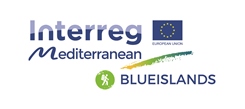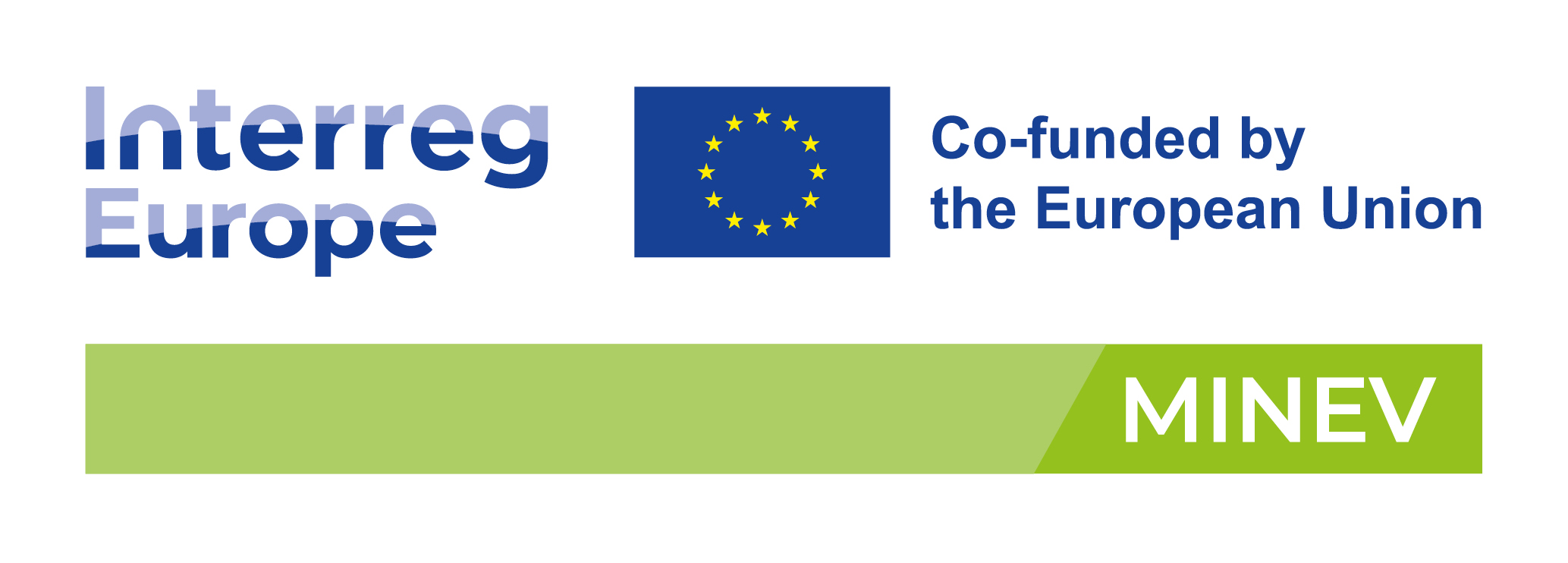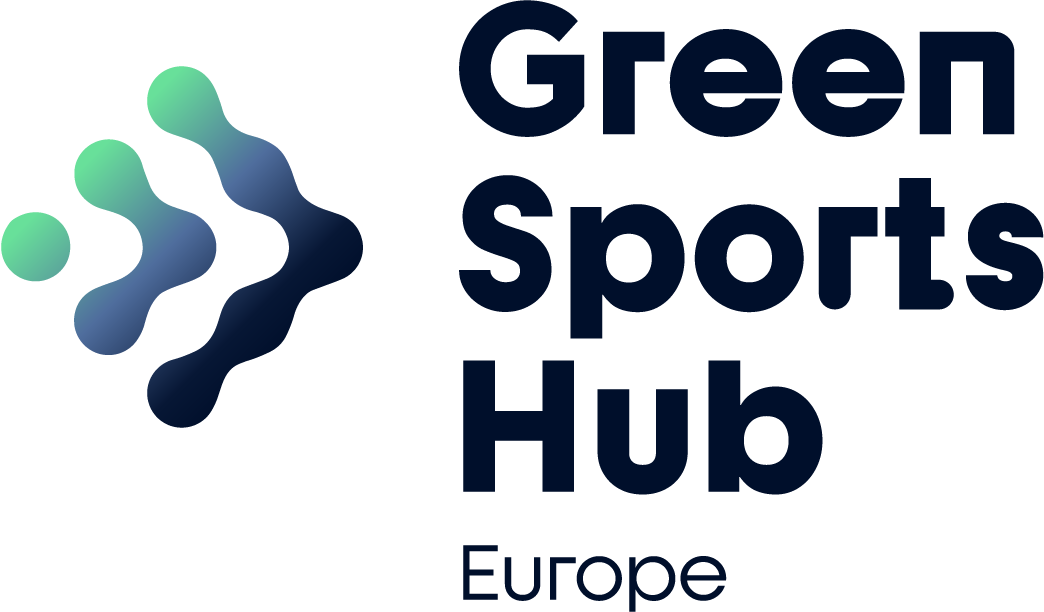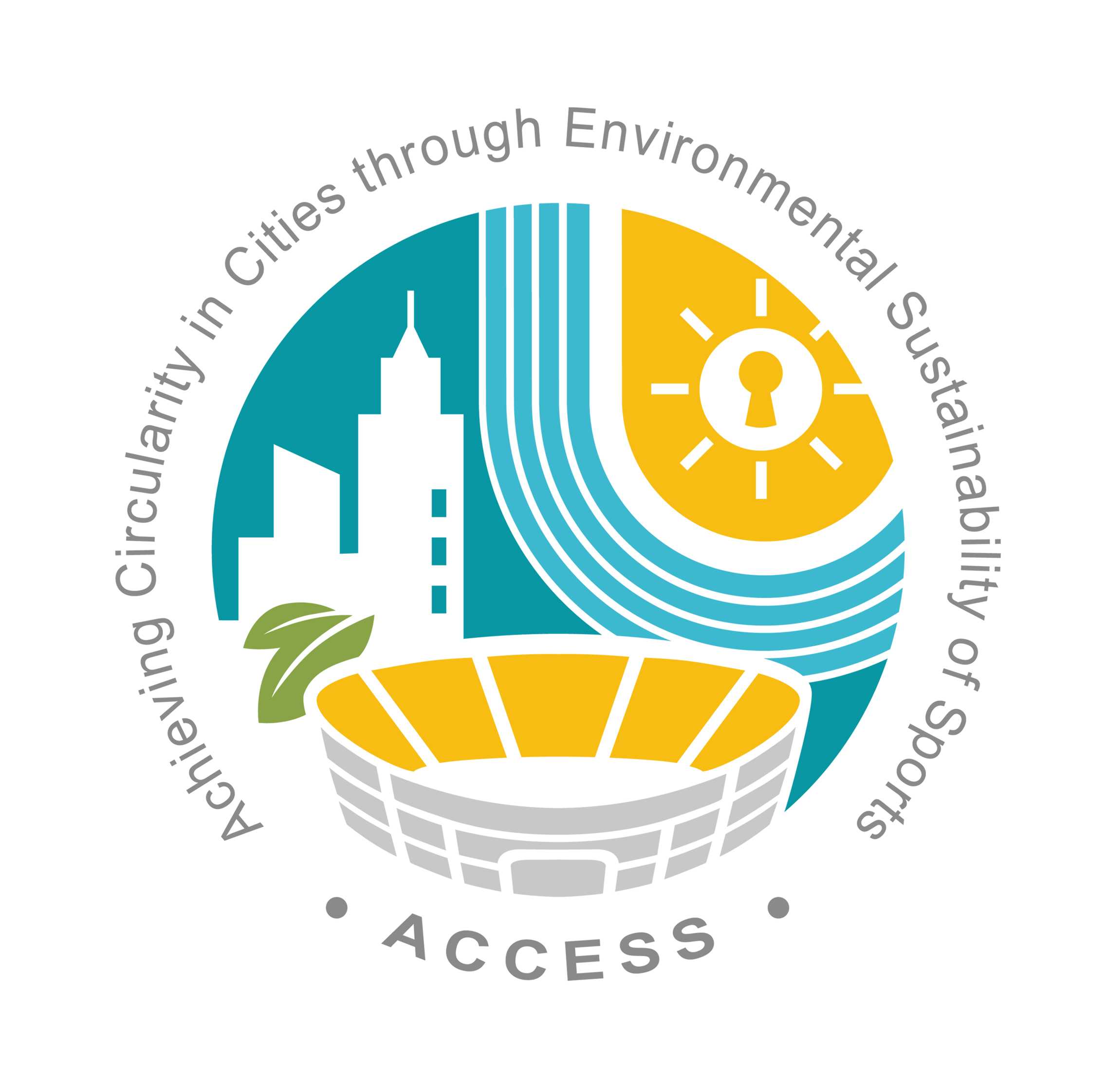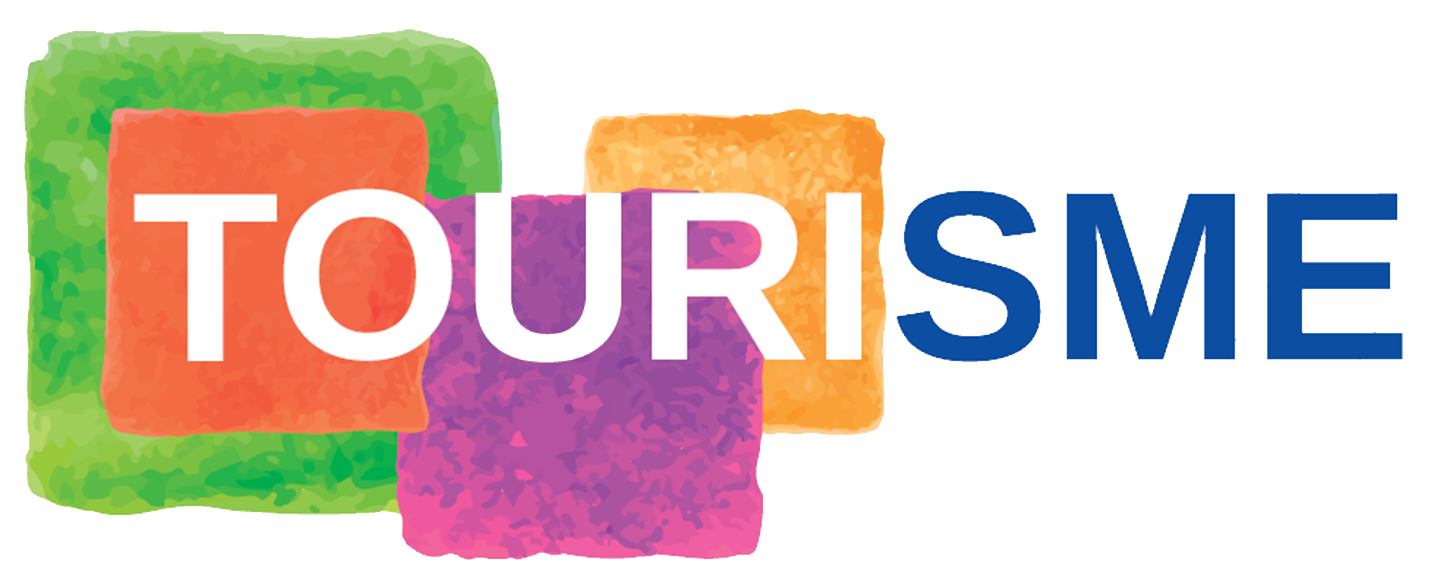
To mark its 30th anniversary, ACR+ launched a photo contest, on the theme "Capturing Circularities in Cities and Regions".
The contest invited participants to submit photographs that creatively depict and communicate the essence, influence and evolution of the circular economy within their respective territories over the past three decades.
Winners
The three photos with the highest votes from the jury are:
 |
 |
 |
||||
|
Women in Circularity By Maak & Transmettre (BE) |
Sustainable Sunday in the city By Cristina Arregui (BE) |
Disposable can be Reusable By Daniela De Bono (MT) |
||||
|
With the collaboration of Brussels Environment, Maak & Transmettre showcases in their photo the Textile Lab in Brussels, run by women, winners of the 2021 edition of the circular economy contest. |
The photographer behind this image seeks to encapsulate the joy of city life on a radiant spring day, where the simple act of exploring shops that embrace reusable containers becomes an enriching experience. | In this image, we confront the common practice of discarding single-use bags once they become soiled. However, the photograph aims to challenge this mindset by illustrating an alternative approach: washing and reusing these bags, just like their reusable counterparts. |
Here are the nine finalist photos of the contest:
 |
 |
 |
||||
|
Metal colours by Marcel van Meesche (BE) |
|
|
Fiber hemp isolation By Dennis Sieperda (NL) |
|
|
Cycling gets the circular economy moving By Philippe Colas (FR) |
|
In this photograph, a vibrant collection of cans unfolds before the viewer, each with its own unique story and distinctive color. |
|
|
In the image, a hemp fibre insulation blanket is unfurled, revealing its natural texture and characteristic earthy colour. The scene captures the essence of an ecological and efficient solution for sustainable construction. |
|
|
The volunteers of Vélo Utile are portrayed as they collect forgotten bicycles from basements and garages. The repairable ones undergo restoration and are then distributed to individuals from modest backgrounds, offering them autonomy and a mode of transportation. This initiative breathes new life into hundreds of parts that would otherwise be destined for oblivion, giving them a meaningful second chance. |
|
|
|
|
|
|
|
|
|
Book sharing By Maria Pantelogiannis (BE) |
|
|
Mowing fiber hemp in Fryslân By Dennis Sieperda (NL) |
|
|
Mussels byssus by Jean-Michel Buf (FR) |
|
The Book Boxes of Brussels are mini free libraries where books find a second life. Citizens can freely take a book they like and put in one they don’t need any more, so that someone else can enjoy it. |
|
|
In this captivating scene, we witness the meticulous process of harvesting fiber hemp, a vital step in creating insulation for eco-friendly homes. |
|
|
The mussels byssus, a bioresource for circular economy in Pays de la Loire area. These natural threads, produced by mussels, not only add afascinating texture to the image but alsorepresent a valuable bioresource for thecircular economy in the region. |
|
|
|
|
|
|
||
|
Transforming empty bottles into drinking glasses: A step towards waste reduction By Simone Signoretta (TN) |
|
|
Grow your own food by Nuno Barros (PT) |
Reusing clothes By Maria Pantelogiannis (BE) |
||
|
The photographer behind this image seeks to encapsulate the joy of city life on a radiant spring day, where the simple act of exploring shops that embrace reusable containers becomes an enriching experience. |
|
|
The LIPOR Urban Kitchen Gardens project allows city residents to have a space to grow their own food. At the same time, it promotes composting and the circularity of organic matter by taking food waste, composting it, and using it to enrich the soil and produce more food. |
A young woman shopping in a thrift store in the centre of Brussels. Thrift stores prolong the life of clothes, reducing waste and playing an important role in the circular economy. |
Prizes
The 12 highest-scoring photos and winners of the contest were exhibited in Marseille during the ACR+ General Assembly on 18 and 19 June. Moreover, the three highest scoring photos were rewarded with a subscription to National Geographic magazine. Following this, the winning photos will travel across Europe, being showcased at the offices of some of our members.
Jury and selection process
The judges looked for a creative, engaging, and inspiring submission. The entries were judged based on the following criteria:
- Composition (visual appeal, uniqueness, and creativity)
- Image quality
- Relevance to theme
- Overall impression/impact
Jury members:
- Françoise Bonnet, ACR+ Secretary General
- Iain Gulland, ACR+ president and CEO of Zero Waste Scotland
- Sophie Reille, professional photographer
Thanks to all participants for joining us in capturing the spirit of the circular economy and marking three decades of progress towards sustainable resource management!







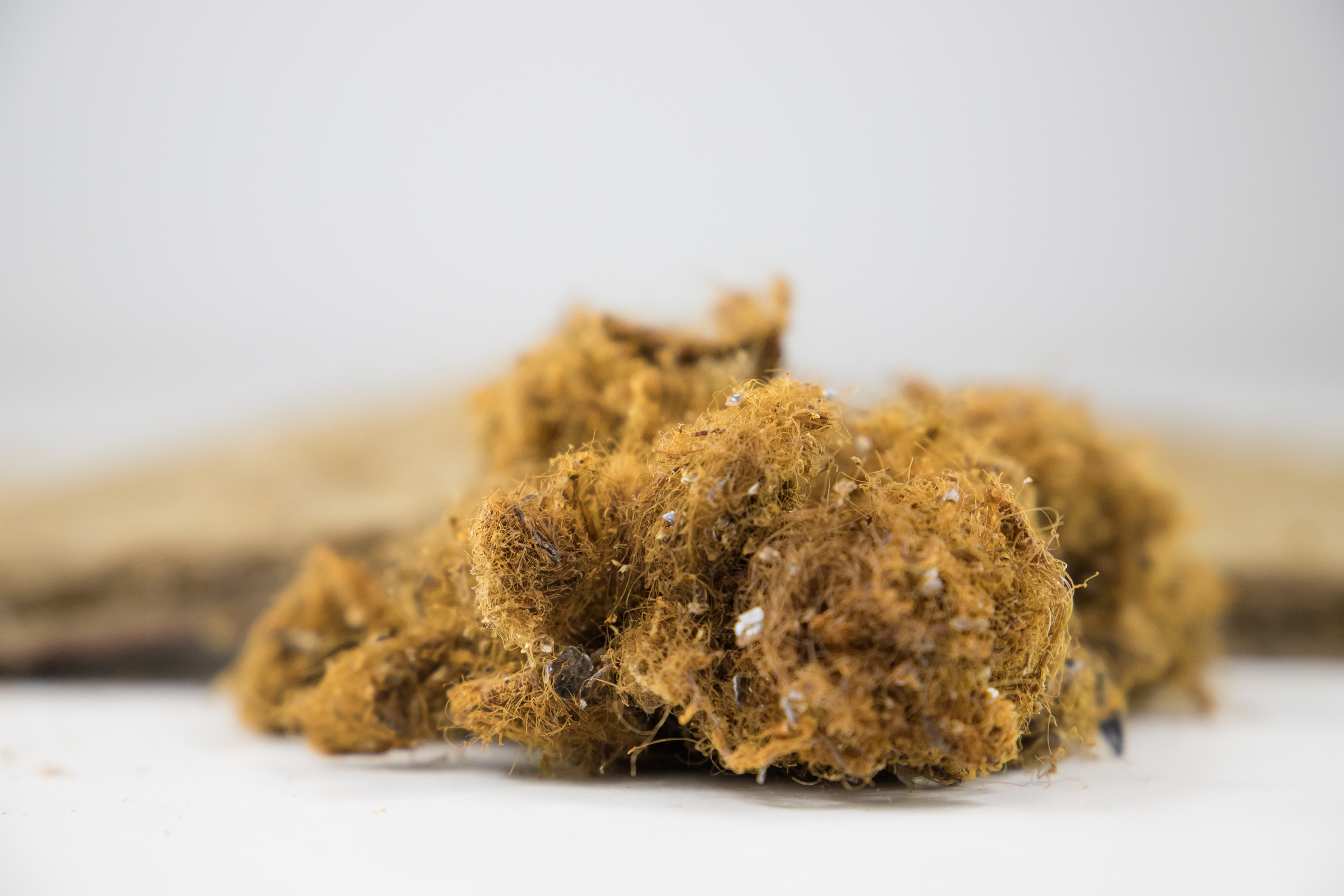

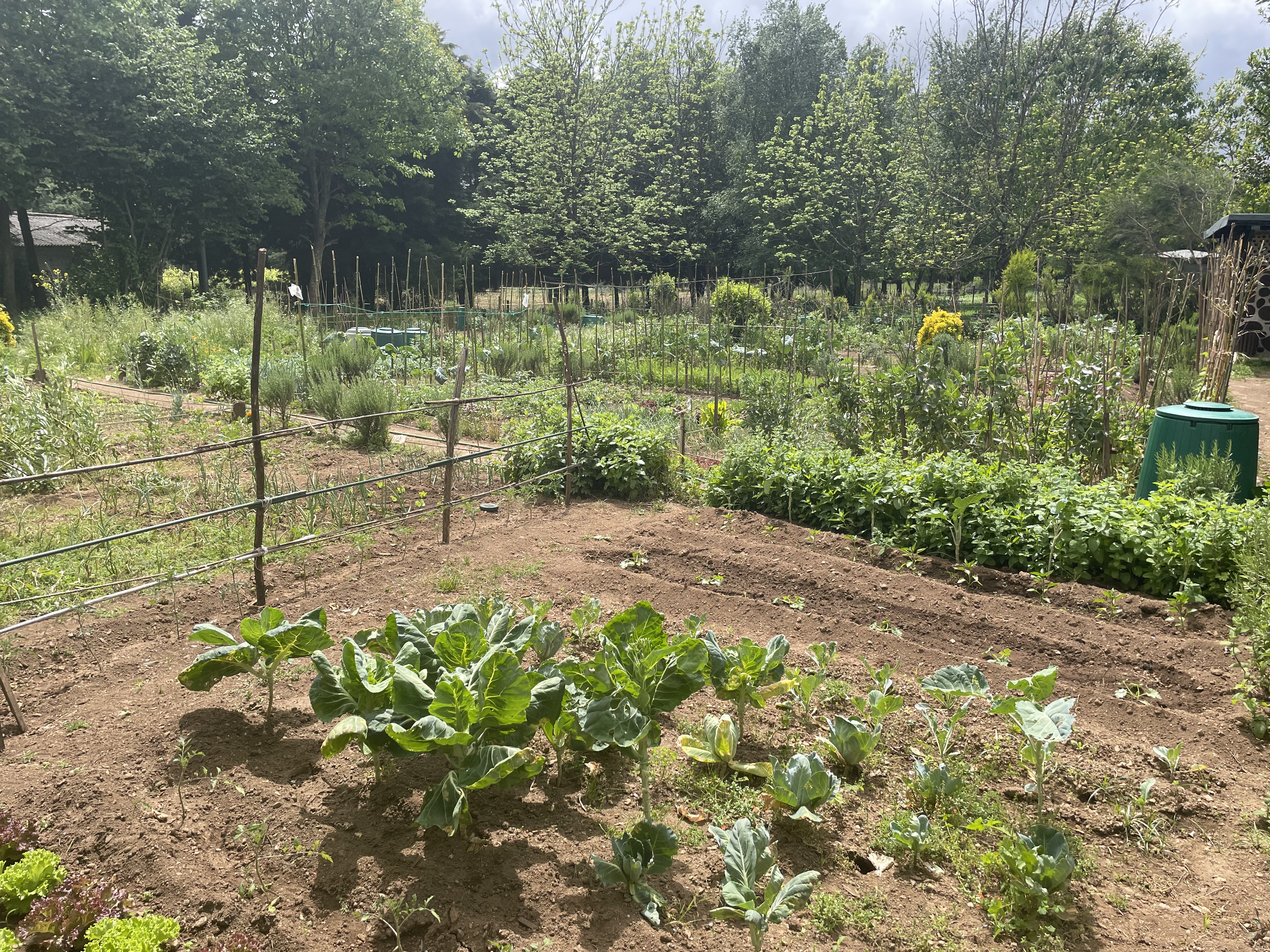


 How a city is built can have a massive impact on environment and climate change effects. The topic of built environment is key in the framework of a circular transition. Adopting circular solutions and strategies on built environment can produce benefits in terms of reduction of GHGs emissions, land use, energy consumption and even on the level of happiness of citizens.
How a city is built can have a massive impact on environment and climate change effects. The topic of built environment is key in the framework of a circular transition. Adopting circular solutions and strategies on built environment can produce benefits in terms of reduction of GHGs emissions, land use, energy consumption and even on the level of happiness of citizens.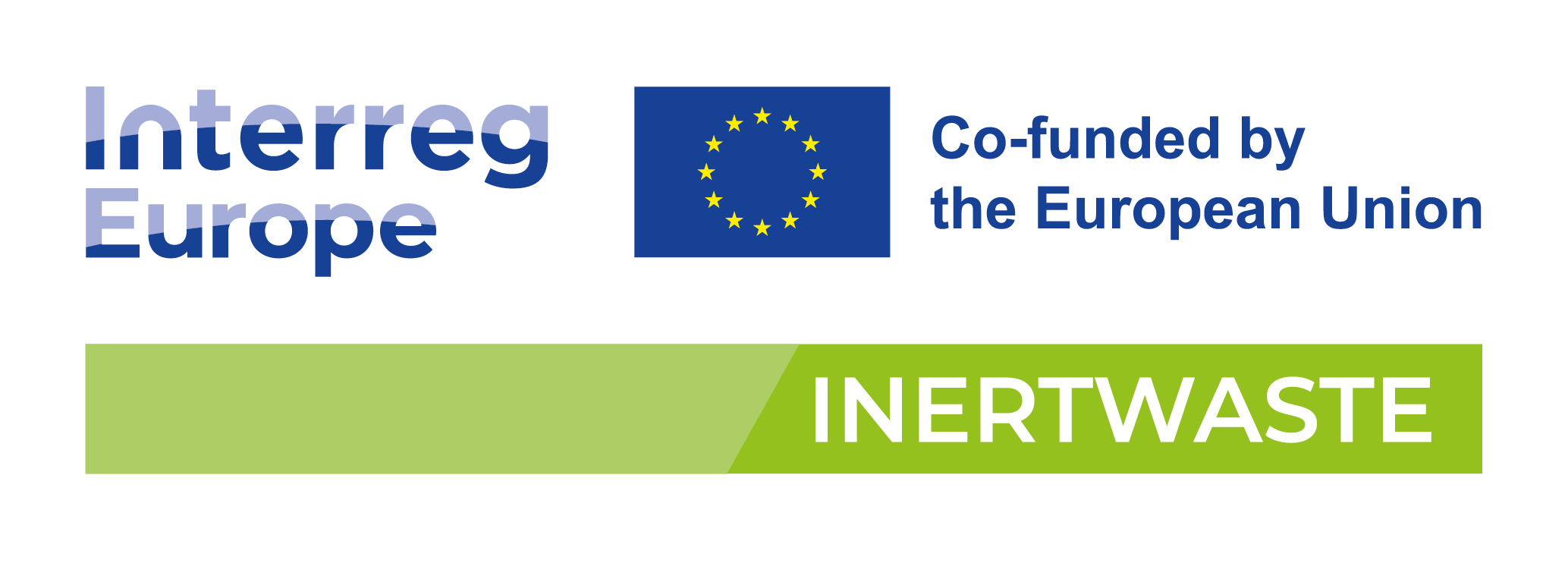

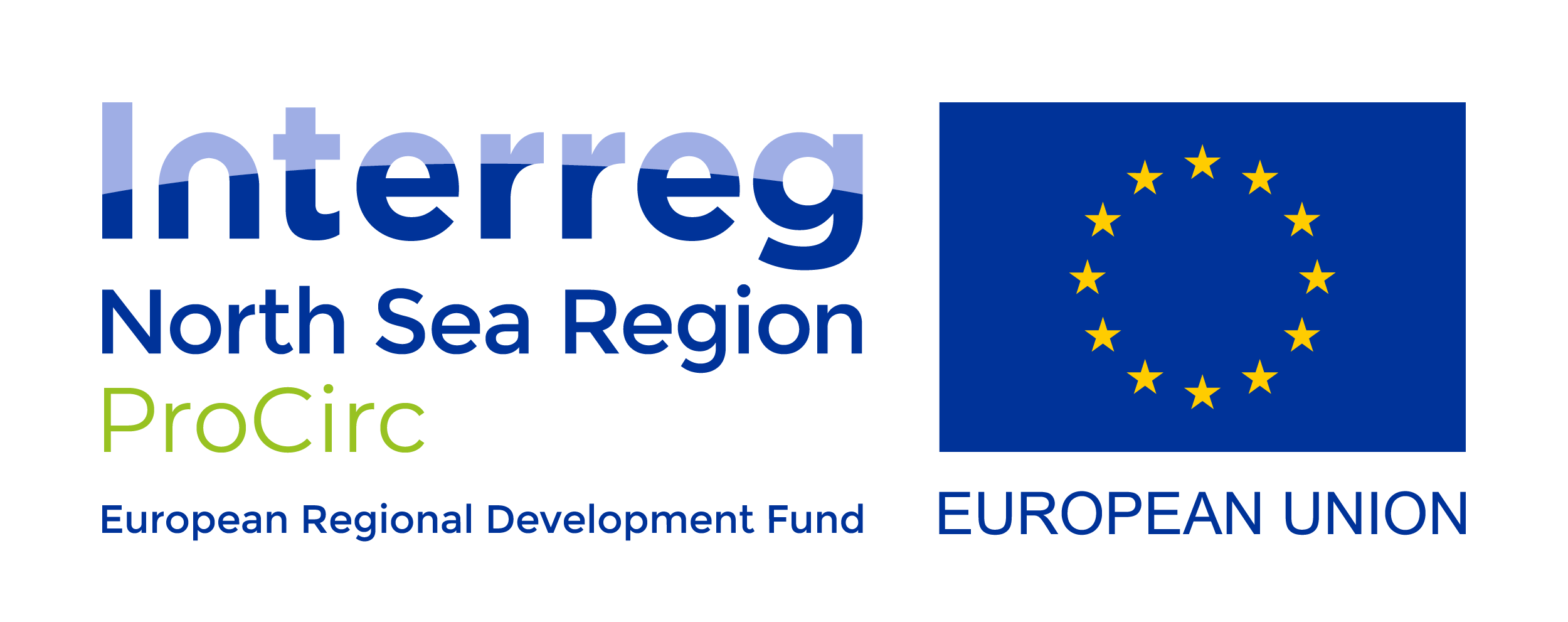
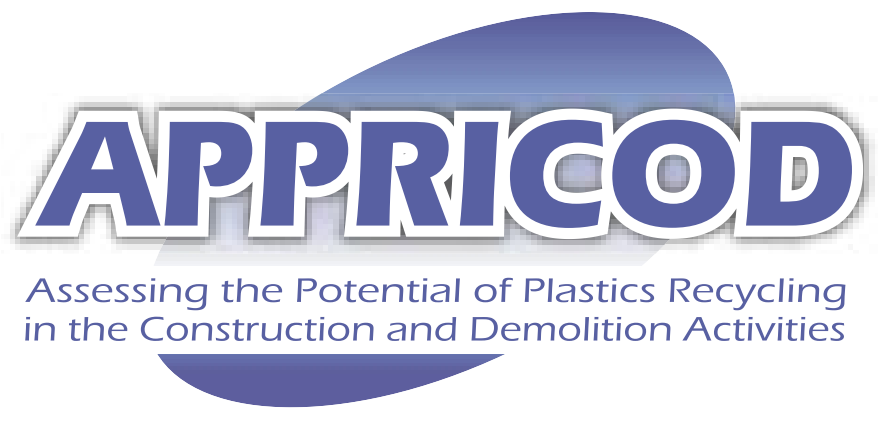

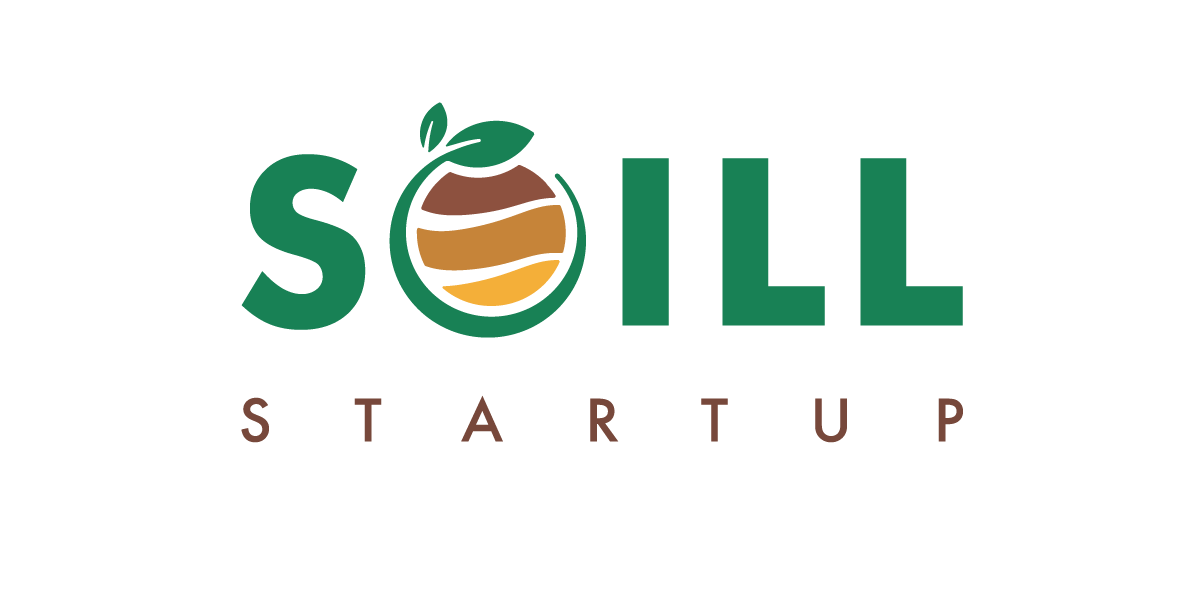

 This Thematic Area is about connecting the dots of circularity on your territory by making citizens, consumers, and producers care and be involved to boost a local sustainable consumption and production. From supporting stakeholders to instigate new models based on maximising the potential of resources and designing out of waste to using a wide array of drivers such as tourism, sport and cultural events to steer a green transition, this thematic area encompasses a wide diversity of initiatives and projects. Define your role as a game changer to speed up the transition while maintaining a holistic approach balancing economic competitiveness, environmental sustainability, and social inclusion.
This Thematic Area is about connecting the dots of circularity on your territory by making citizens, consumers, and producers care and be involved to boost a local sustainable consumption and production. From supporting stakeholders to instigate new models based on maximising the potential of resources and designing out of waste to using a wide array of drivers such as tourism, sport and cultural events to steer a green transition, this thematic area encompasses a wide diversity of initiatives and projects. Define your role as a game changer to speed up the transition while maintaining a holistic approach balancing economic competitiveness, environmental sustainability, and social inclusion.
